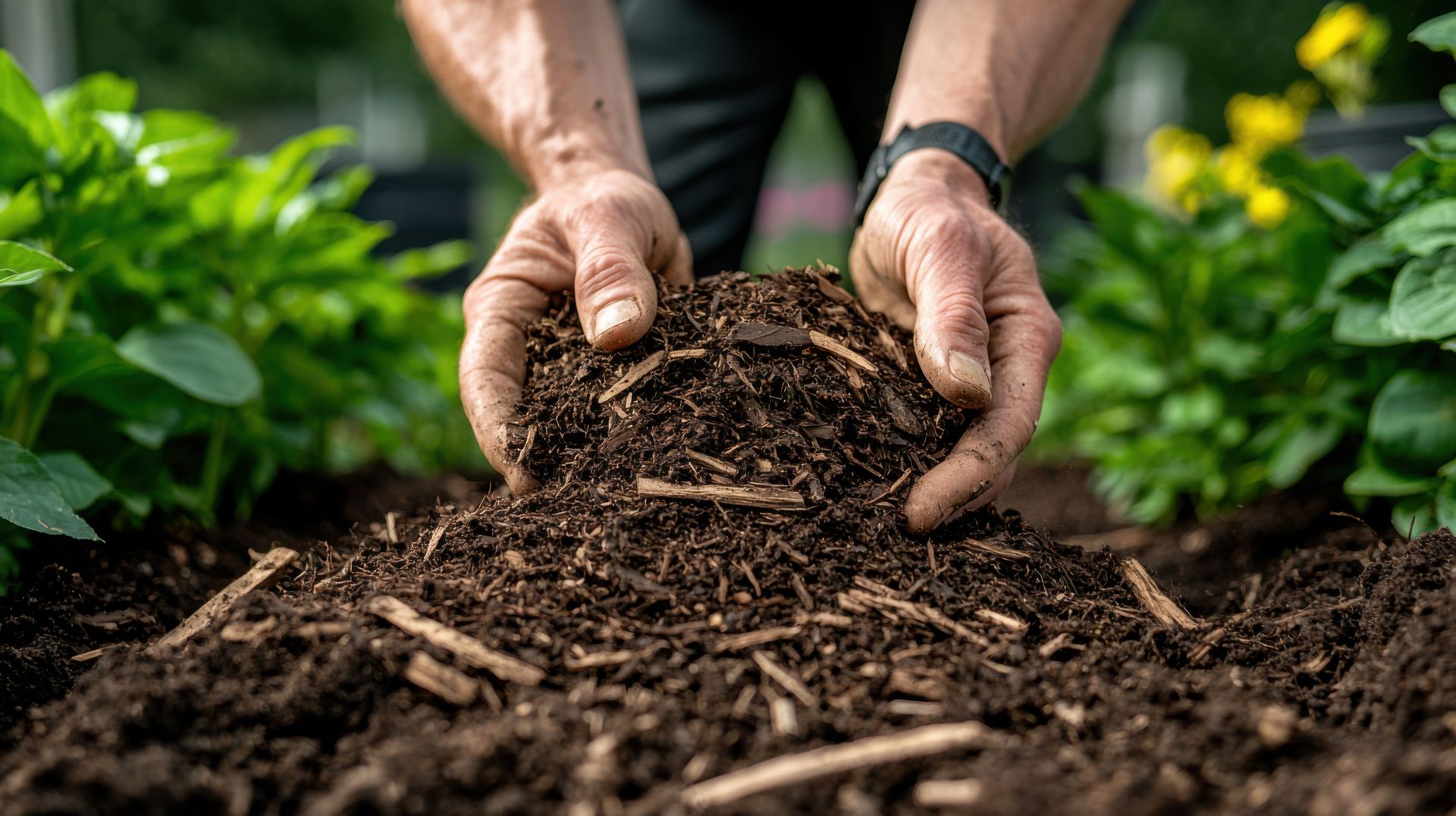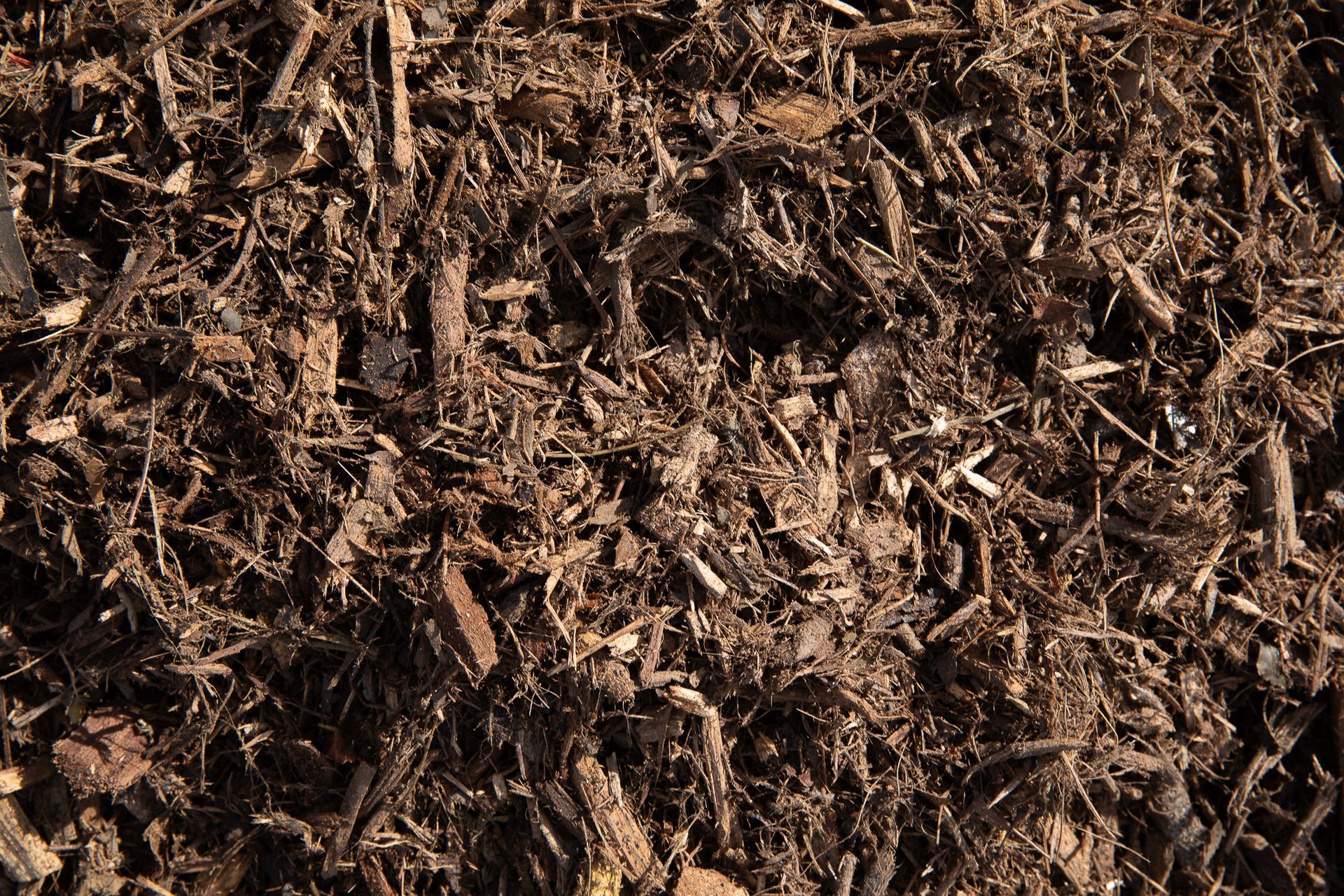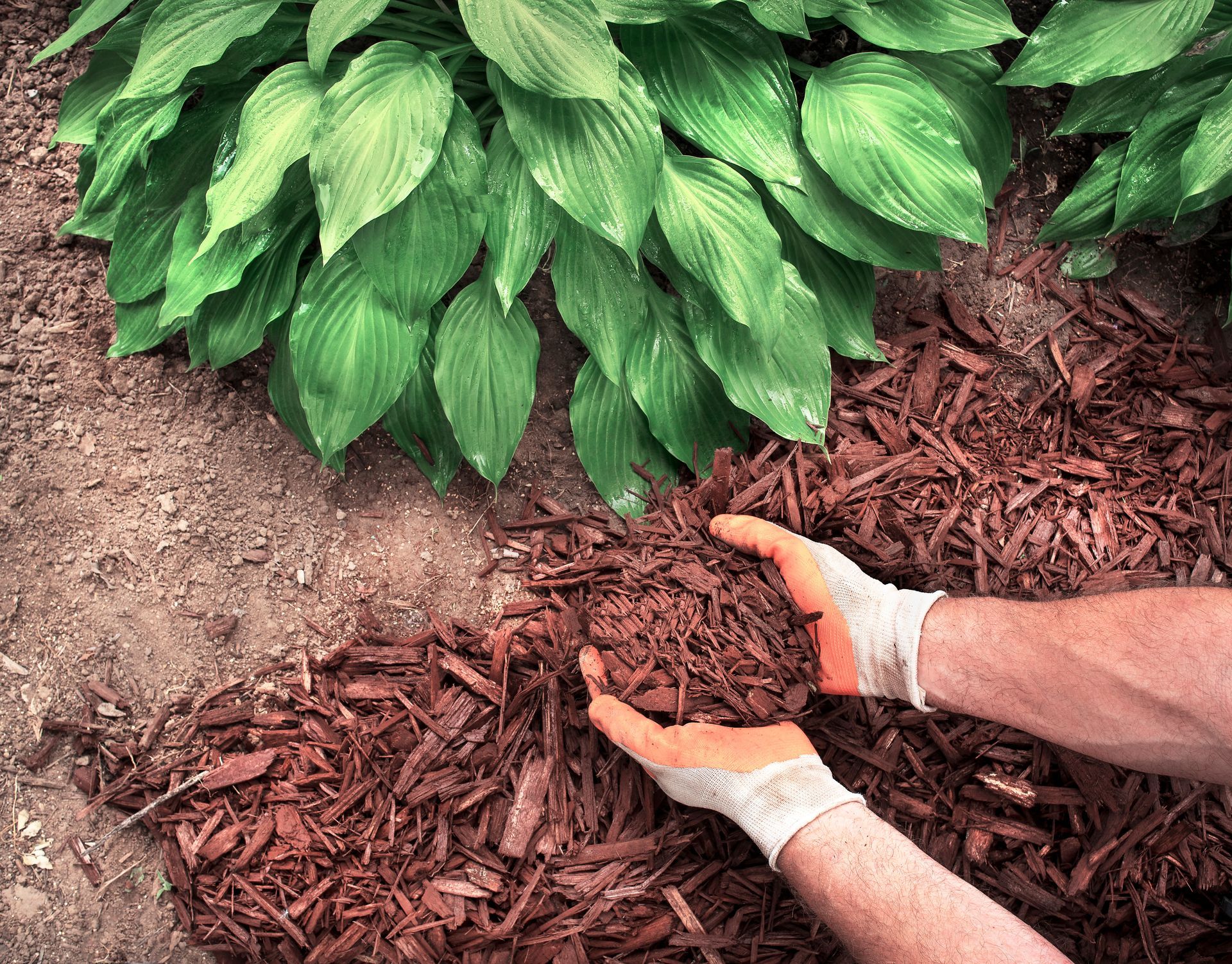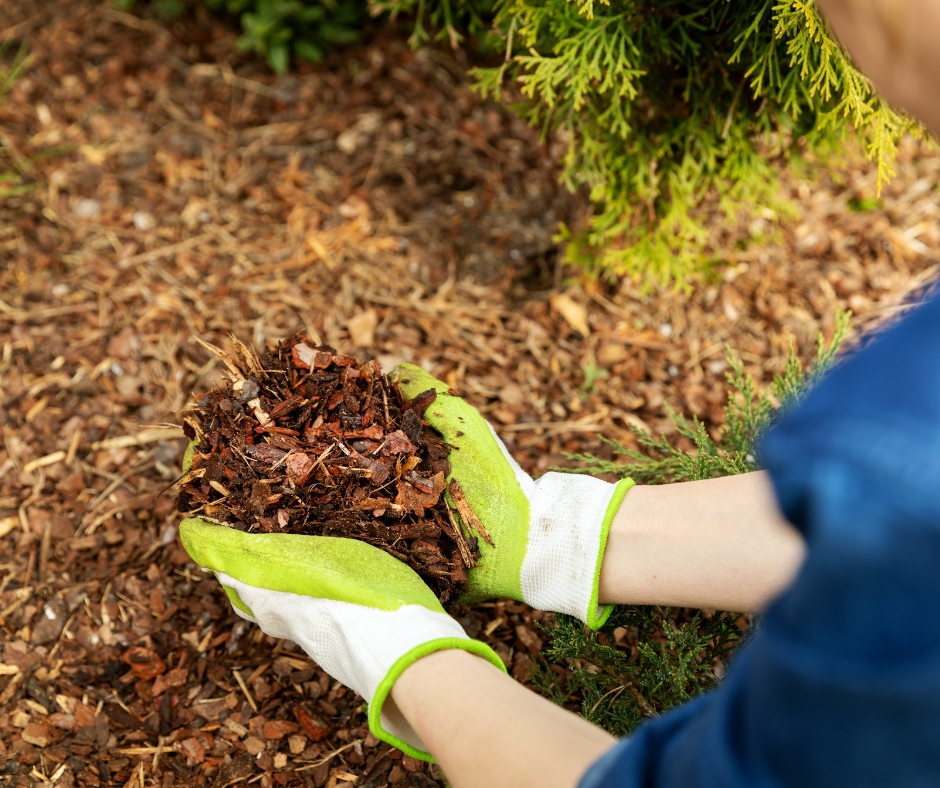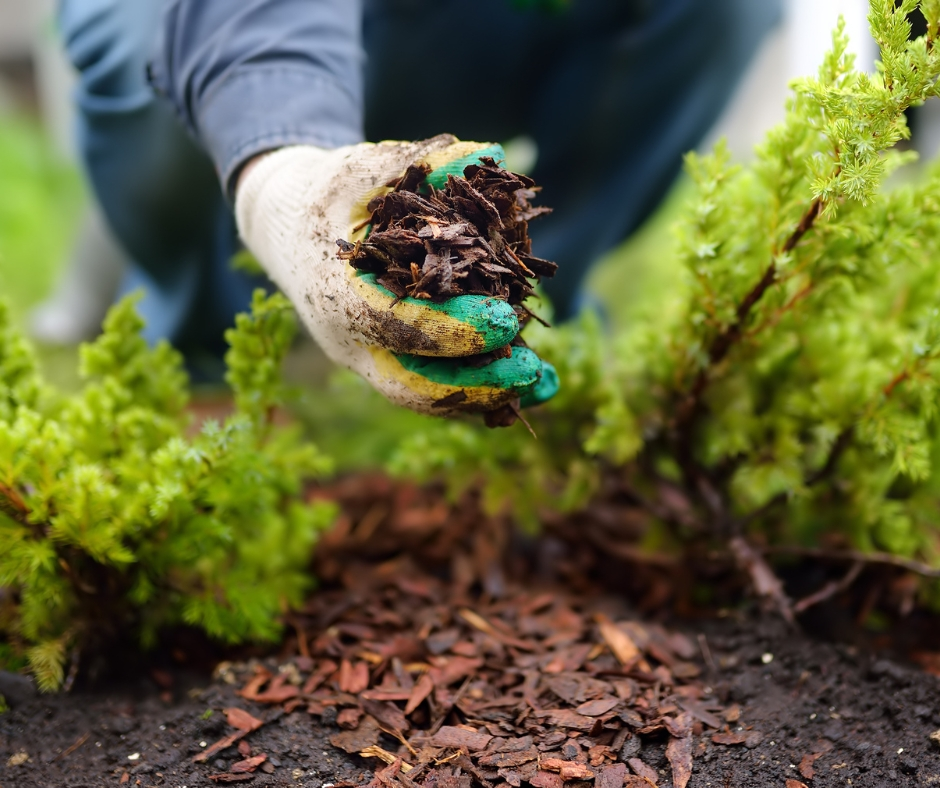Dirty Little Secrets: What Your Soil Can Reveal About Your Environment
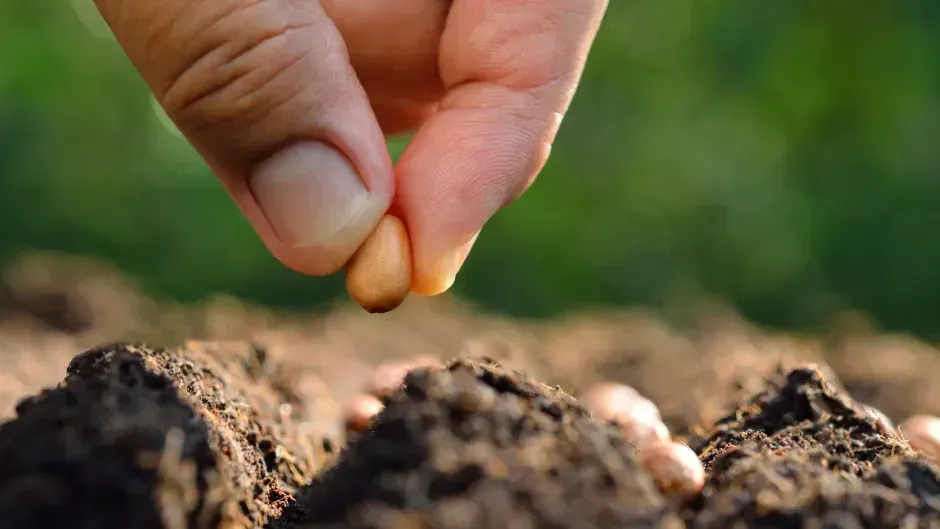
When we think about the environment, our minds often drift to lush forests, crystal-clear waters, and the vast expanse of the sky. However, there's another crucial element that holds valuable information about our surroundings – soil. Yes, that seemingly ordinary dirt beneath our feet can reveal a treasure trove of secrets about the environment it's a part of. In this blog, we'll delve into the fascinating world of soil and explore how it can unveil important insights about the health of our planet.
The Hidden World Beneath Our Feet
Soil, often overlooked, is a complex and dynamic ecosystem that plays a vital role in sustaining life on Earth. It's not just a medium for plants to grow; it's a living entity teeming with microorganisms, insects, and nutrients. But what makes soil truly remarkable is its ability to absorb, retain, and release various substances, reflecting the conditions of the environment it's in.
1. Chemical Composition: Clues to Pollution
One of the most significant ways soil speaks about its environment is through its chemical composition. The presence of certain chemicals, such as heavy metals like lead and cadmium, can indicate pollution. These pollutants often find their way into the soil through industrial processes, agricultural runoff, and improper waste disposal. Soil analysis can help identify contaminated areas and guide cleanup efforts.
2. pH Levels: Insights into Ecosystem Health
Soil pH, the measure of acidity or alkalinity, can reveal a lot about the health of an ecosystem. Some plants thrive in acidic soil, while others prefer alkaline conditions. Drastic shifts in pH can impact plant growth and nutrient availability, leading to changes in the types of vegetation that flourish in a particular area.
3. Biodiversity and Microbes: Indicator of Ecosystem Balance
Healthy soil is a bustling hub of biodiversity, housing countless microorganisms that contribute to nutrient cycling, disease suppression, and plant health. A decline in microbial diversity can signify environmental disturbances, such as pollution or habitat degradation. Monitoring soil microbes can provide insights into the overall balance of an ecosystem.
4. Erosion Patterns: Unveiling Land Management
The erosion patterns found in soil can reveal a lot about land management practices. For instance, excessive erosion might indicate poor agricultural techniques or deforestation, leading to soil degradation. By analyzing soil erosion, scientists and land managers can implement strategies to prevent further environmental damage.
5. Fossilized Pollen: Tracing Historical Changes
Believe it or not, soil can also help us peek into the past. Fossilized pollen and other plant remains trapped in soil layers act as historical records of past vegetation. By studying these remnants, researchers can reconstruct ancient ecosystems and track changes in vegetation over time.
Our soil is an unsung hero, quietly holding secrets that can unveil the state of our environment. By paying attention to its chemical composition, pH levels, biodiversity, erosion patterns, and even fossilized remnants, we can better understand the health of our ecosystems and make informed decisions to protect our planet. So the next time you walk through a garden or a forest, remember that beneath your feet lies a world of hidden knowledge waiting to be discovered – the dirty little secrets of our environment, told by the soil.
North County Supply is the only shop you'll need for all of your landscape material needs!
We carry a wide variety of materials including mulch, playground chips, soil, and more!
Our knowledgeable staff is always happy to help you find what you need and answer any questions you may have.
Call us at 760-744-3444
North County Supply's Service Locations: San Diego, Escondido, San Marcos, Vista, Oceanside, Carlsbad, Chula Vista, El Cajon, Poway, Santee, Encinitas, Valley Center, La Mesa, Temecula, Murrieta, Coronado, Del Mar, Alpine, Lakeside, Fallbrook, Daley Ranch, Hidden Meadows, Menifee, Solana Beach, Carmel Valley, Ramona, Torrey Pines, Rancho Penasquitos.


